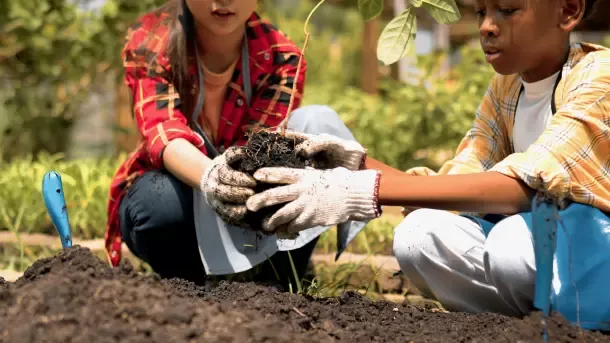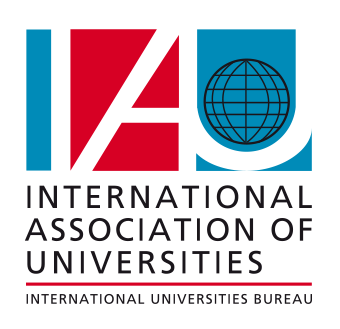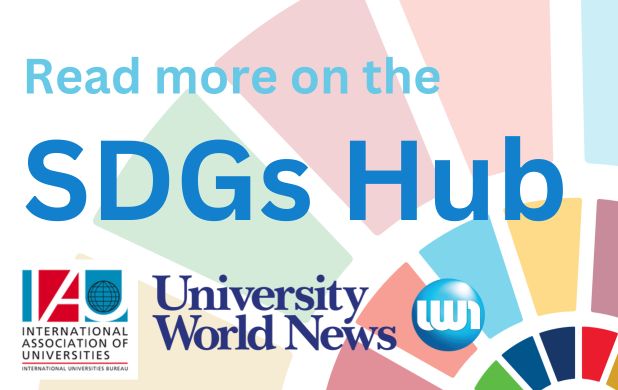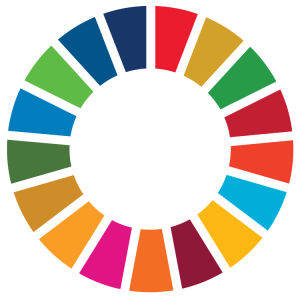
A UNESCO analysis of 100 national curriculum frameworks in 2021 revealed that nearly half (47%) do not mention climate disruption. Only 23% of teachers felt able to properly address climate action in their classrooms and 70% of young people surveyed could not explain climate disruption, and expressed concerns about the way in which it is currently taught.
If significant progress has been made over the past three years by UNESCO Member States to integrate environmental topics across curricula, a new report co-published today by the Organization cautions that formal education has focused too much on imparting knowledge about environmental issues, rather than driving action, and is failing to show learners the role they can play in tackling the climate crisis. The report argues that sustainable development education must also focus on first-hand experiences which are more likely to lead to change.
To this end, today UNESCO is promoting two concrete tools for its Member States and educational communities around the world:
UNESCO’s new Greening Curriculum Guidance is a practical manual providing, for the first time, a common understanding of what climate education should consist of and how countries can mainstream environmental topics across curricula, with detailed expected learning outcomes according to age group (from 5-year-olds to 18+). It focuses on the importance of promoting active learning and designing a range of hands-on activities.
UNESCO’s new Green School Quality Standard, developed in partnership with other UN agencies, civil society and countries, sets the minimum requirements on how to create a “green school ”by promoting an action-oriented approach. It recommends that all schools set up green governance committees including students, teachers, and parents to oversee sustainable management. It also calls to encourage teacher training, conduct audits of energy, water, food, and waste audits, while also calling for stronger ties with the wider community to help students address environmental issues at local level.
IAU is part of UNESCO's Greening Education Partnership (GEP).



